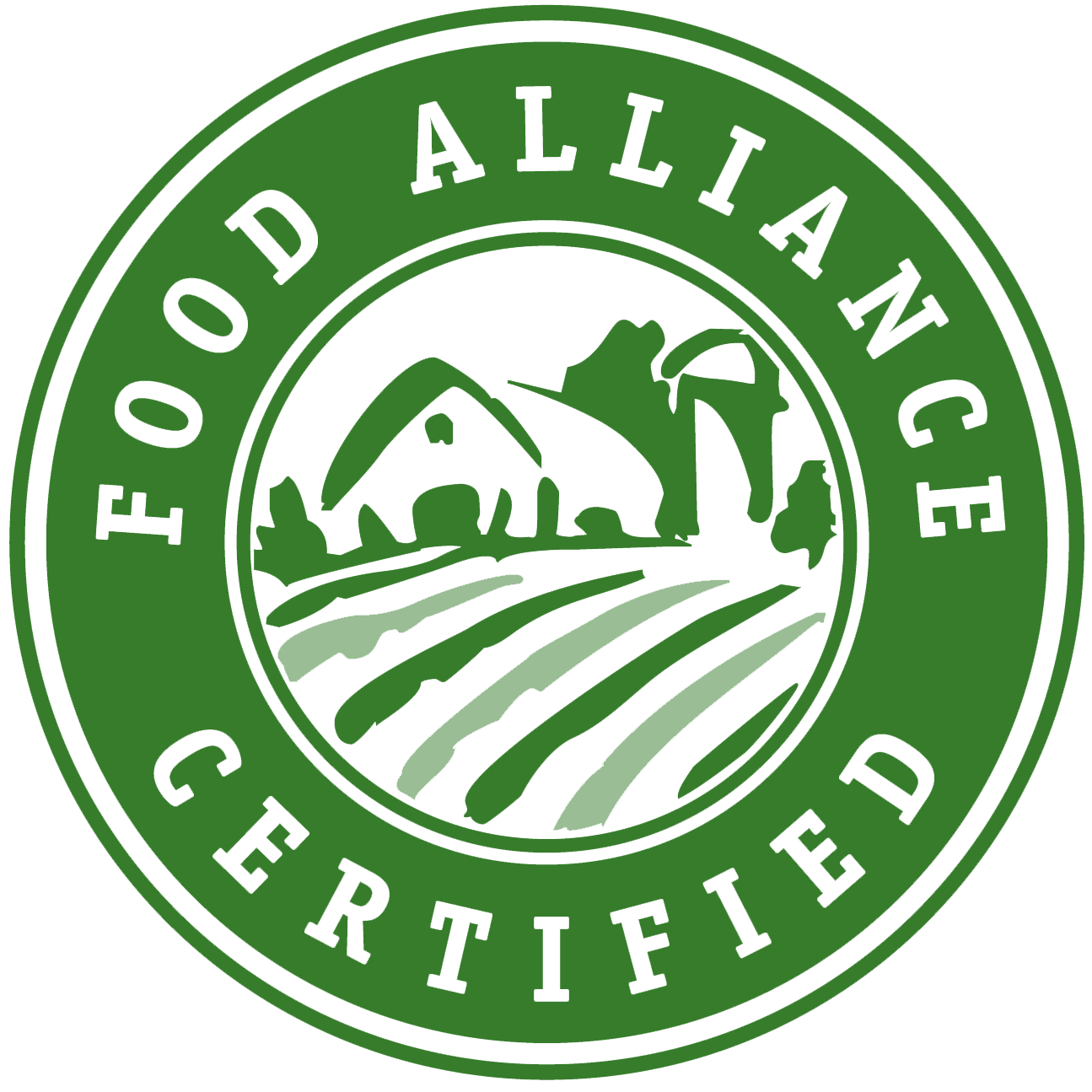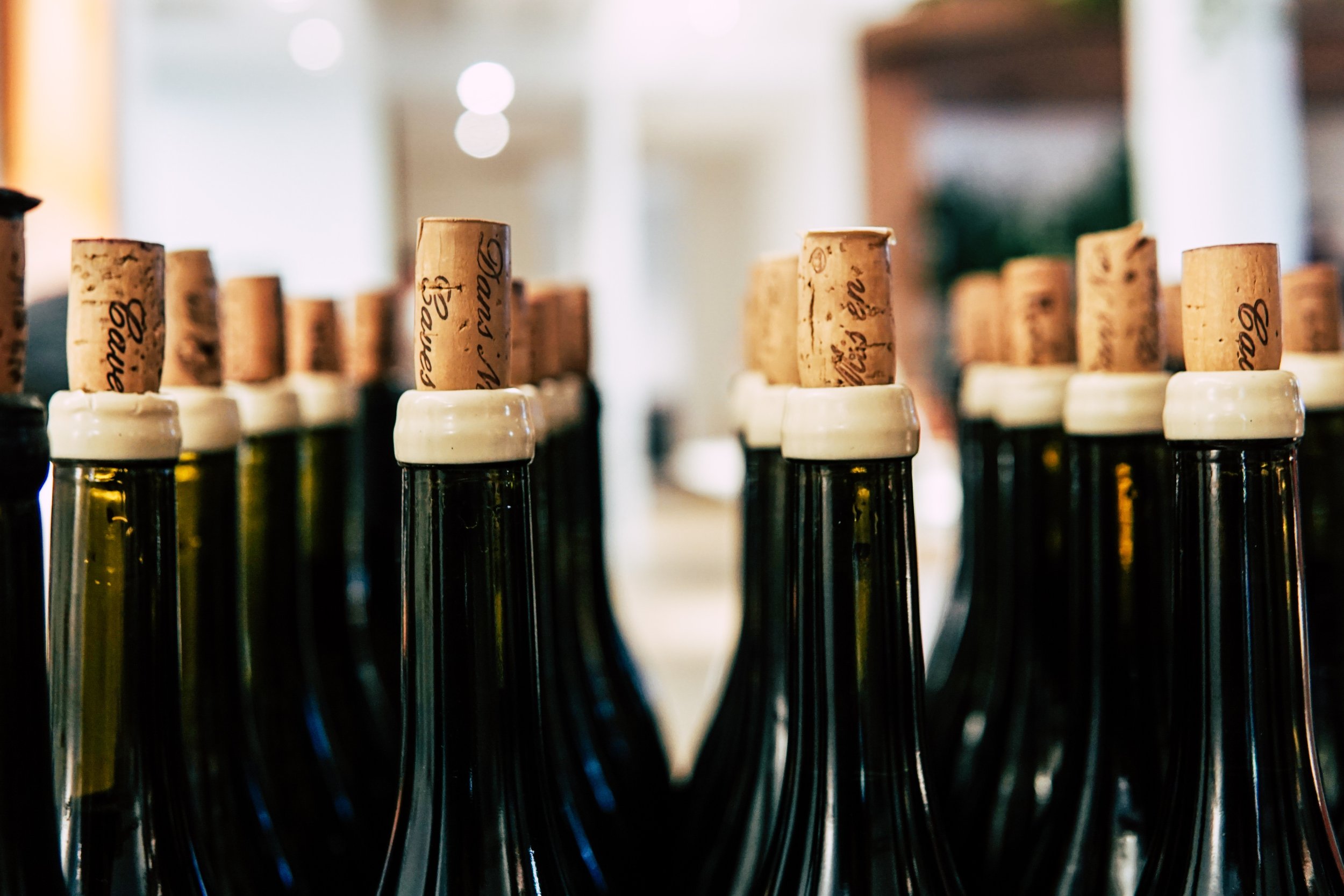Unpacking Beverage Producer Certification
Consumers of beer, wine, cider, and spirits are increasingly aware that their drinks of choice, like other products they opt to buy and consume, have environmental and social impacts. With concerns about climate change and other impacts growing, consumers and producers alike are prioritizing sustainable practices across beverage alcohol production, packaging, and distribution.
Recent consumer research by IWSR, a leading industry data provider, shows that “48% of US alcohol drinkers say their purchase decisions are positively influenced by a company’s sustainability or environmental initiatives,” and IWSR named “clear commitments to sustainable practices'' one of the global beverage alcohol industry’s key trends for 2022.
Voluntarily seeking third-party certification is one of the most effective ways for beverage producers to demonstrate their sustainability commitments directly to potential buyers. By displaying third-party certifications on product labels, producers give consumers a quick, clear way to verify whether the beverages they’re interested in buying align with their values.
Because beverages, including beer, wine, cider, and spirits, involve agricultural products that are processed, packaged, and distributed, the overall sustainability of the final beverage is impacted by everything from farming practices to water, energy, and other resources used in production facilities, labor practices, packaging materials, and more. With so many issues, there are a range of third-party certifications for beverage producers to choose from, each assessing sustainable practices at various steps in the production cycle. Deciding which certifications suit your business and products is a matter of determining which most accurately reflect your specific environmental and social commitments and best communicate those to your buying audience.
What is the Food Alliance Beverage Producer Certification and how is it different?
Food Alliance is a comprehensive, whole system certification designed to address the broad range of social and environmental concerns associated with food and beverage production.
Food Alliance Certification can support better management throughout the supply chain, from the farm, to ingredient processing, to product manufacture, through to packaging and marketing. Food Alliance can certify multiple commodities on a single farm. If there is a beverage producer growing hops, grapes and apples, we can certify them all. Or if a beverage producer has farms in multiple regions or states, we can certify anywhere within the US. To learn about Food Alliance certification for beverage producers in more detail, explore our Beverage Producers Certification Process.
Considering beverage certification options
In general, sustainability certification for beer, wine, cider, and spirits is a newer concept, and adoption is still relatively low.
Some of the third-party certifications commonly associated with food products can be found on beverage labels. Other certifications have been developed that are specific to segments of the beverage industry or limited to certain production regions.
Probably the most common certification currently seen across beverage industries is USDA Organic. The USDA’s National Organic Program (NOP) has developed national standards for agricultural products grown under rules that include prohibitions on the use of most synthetic pesticides and fertilizers, genetic engineering, and artificial ingredients. Organic does speak to some consumers, but leaves out concerns for labor, resource use, and other issues.
The wine industry has multiple production guidelines and labeling programs, most of which are promoted by state or regional trade groups, including LIVE, LODI RULES, Sustainable WA, California Certified Sustainable, New York Sustainable Winegrowing, and Sustainable Winegrowing British Columbia.
While a number of breweries independently pursue sustainability goals—from thoughtful ingredient sourcing to responsible water and energy management, the beer industry as a whole does not yet have a well-defined set of sustainability standards or an industry-wide certification program. That said, some regional programs have sprung up to encourage local brewers to become more sustainable. The Iowa Green Brewery Certification, for example, developed by the Iowa Waste Reduction Center out of the University of Northern Iowa, certifies breweries practicing sustainable management of energy, water, and waste materials.
As with beer, many individual spirits and cider makers hold their own businesses and products to high sustainability standards, but their industries have yet to create recognized industry-specific sustainability certifications.
Both breweries and distilleries can demonstrate their commitment to careful ingredient sourcing by displaying a Craft Malt Certified program seal. Designed by the Craft Maltsters Guild, the program encourages brewers and distillers to source at least 10 percent of their malted grain from craft malt producers, who must be small, independently owned, and sourcing grain locally to qualify for guild membership.
Regardless of industry, beverage producers located in the Pacific Northwest can pursue Salmon-Safe certification, which recognizes businesses for practices that protect water and wildlife habitat in West Coast salmon watersheds. The standards include water quality and use management, erosion and sediment control, and conservation of biodiversity. Learn about Food Alliance's partnership with Salmon-Safe.
Beverage producers seeking a comprehensive sustainability certification solution should also consider Food Alliance, which has partnered with farms, ranches, and food and beverage businesses since 1997 under eight guiding principles:
Support safe and fair working conditions
Ensure healthy, humane animal treatment with no growth hormones or non-therapeutic antibiotics
Protect, enhance, and conserve soil resources, water resources, and biodiversity
Reduce risks associated with pesticides and other toxic or hazardous materials
Conserve energy, reduce and recycle waste
Guarantee product integrity, no genetically engineered or artificial ingredients
Maintain transparency and the “chain-of-custody”
Continually improve practices
Learn more and apply to certify your beverage business here.



